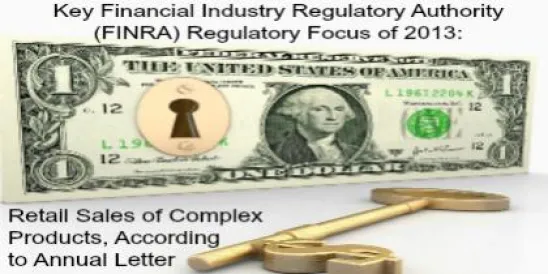Since Hassan Rouhani’s election to the Iranian presidency, some U.S. leaders have expressed interest in diplomatic talks with Iran. It is currently unclear whether any such talks will ever occur, or on what terms. In the face of ongoing uncertainty, the U.S. sanctions program against Iran has continued to develop in a piecemeal sometimes inconsistent fashion.
More Restrictive Sanctions: Executive Order 13645
On June 3, 2013, President Obama’s Executive Order 13645 authorized sanctions against foreign financial institutions that conduct or facilitate significant transactions in the Iranian Rial or that provide support to Iranian persons on the Specially Designated Nationals (SDN) list. Under the Executive Order, the Secretary of Treasury may prohibit those financial institutions from opening or maintaining a correspondent or payable through account and may block the institutions’ property in the United States.
Less Restrictive Provisions
Notwithstanding the restrictions in EO 13645, there remains some room for engaging in business with Iran in some sectors.
The Executive Order itself is restricted to certain types of transactions. A foreign financial institution engaged in transactions involving petroleum products from Iran may be subject to restrictions on its accounts in the United States only if the President of the United States determines there is a sufficient supply of such products from countries other than Iran. The same sanctions apply to a natural gas transaction only if the transaction is solely for trade between Iran and the country with primary jurisdiction over the foreign financial institution, and any funds owed to Iran as a result of the trade are credited to an account located in the latter country.
The prohibition against significant foreign financial transactions for SDNs does not apply to transactions for the provision of agricultural commodities, food, medicine, or medical devices to Iran, or to transactions involving a natural gas project described in section 603(a) of the Iran Threat Reduction and Syria Human Rights Act of 2012.
On July 25, the Department of the Treasury’s Office of Foreign Assets Control (OFAC) followed in the wake of the Executive Order, issuing a General License for the exportation or reexportation of medicine and basic medical supplies to Iran. OFAC delineated the scope and limitations of the authorization via a list of frequently asked questions and new guidance, and updated section 560.530(a)(3)(i) of the Iranian Transactions and Sanctions Regulations to reflect the change.
Under the new regulations, the sale of food, medicine, and medical devices by U.S. persons or from the United States to Iran, and the sale of food, agricultural commodities, medicine, and medical devices to Iran by non-U.S. persons are not subject to U.S. sanctions. The financing or facilitation of such sales by non-U.S. persons do not trigger sanctions either, so long as the transaction does not involve certain specifically proscribed conduct or designated persons (such as Iran’s Islamic Revolutionary Guard Corps or a designated Iranian bank). Iranian oil revenues held in Central Bank of Iran or non-designated Iranian bank accounts at foreign banks, for example, may be used to finance exports of food, agricultural commodities, medicine, or medical devices to Iran from the country in which the account is held or from any other foreign country.
Separately, On September 10, OFAC issued two new general licenses. General License E authorizes nongovernmental organizations to export or reexport services to or related to Iran in support of specific not-for-profit activities designed to directly benefit the Iranian people. The enumerated activities include those aimed at basic human needs, post-disaster reconstruction, environmental and wildlife conservation, human rights, and democracy.
General License F permits the importation into the United States, exportation from the United States, or other dealing in Iranian-origin services related to professional and amateur sporting activities and exchanges involving the United States and Iran. The authorized activities include those related to matches and events, sponsorship of players, coaching, refereeing, and training.
Conclusion
The recent Executive Order and General Licenses highlight a fundamental fact about U.S. sanctions programs: because they are subject to unilateral executive control, changes can be sweeping and abrupt. It remains to be seen whether the United States will engage in increased diplomacy with Iran. But what is clear is that shifting geopolitical realities are sure to alter the future course of the Iran sanctions program and to carry real consequences for U.S. and foreign businesses.



 />i
/>i
